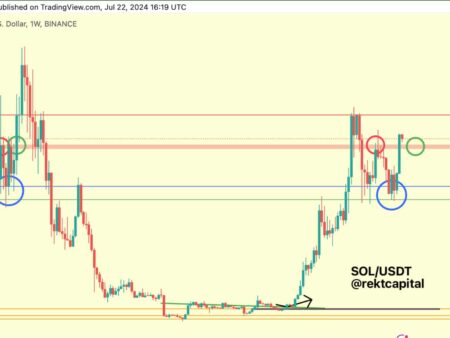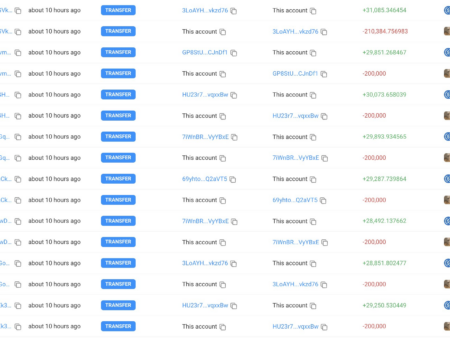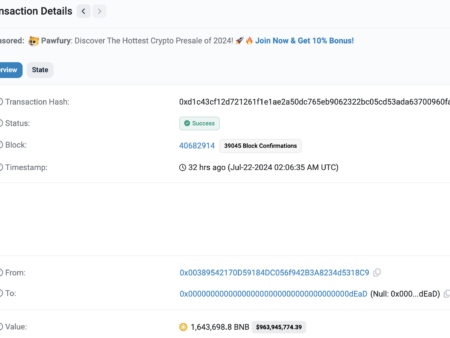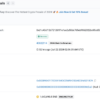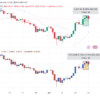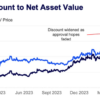
In a recent move that has roiled both the technology and financial communities, Anatoly Yakovenko, co-founder of Solana, publicly praised Coinbase CEO Brian Armstrong’s bold strategy to bolster the company’s hiring process. The decision, which involves CEO and COO approval for all new hires, has received both praise and criticism.
In a recent move that has roiled both the technology and financial communities, Anatoly Yakovenko, co-founder of Solana, publicly praised Coinbase CEO Brian Armstrong’s bold strategy to bolster the company’s hiring process. The decision, which involves CEO and COO approval for all new hires, has received both praise and criticism.
Yakovenko expressed support for Armstrong’s initiative, describing it as a demonstration of strong leadership and commitment to maintaining high standards within the company. He sees it as a strategic move that underscores the CEO’s determination to prioritize talent density and maintain strict hiring criteria.
This endorsement comes against a backdrop of contrasting opinions within the industry. While some see Coinbase’s approach as indicative of a company in disarray, others, like Yakovenko, interpret it as a proactive measure to raise organizational performance.
Triple-digit earnings
Coinbase’s CPO provided information on the first results of this new contracting protocol. According to Brock, the company has gone through a rigorous selection process, in which a significant number of applicants have been rejected, although for reasons they consider valid. Brock cited an average action time of less than 12 hours for hiring decisions, indicating a quick and decisive approach.
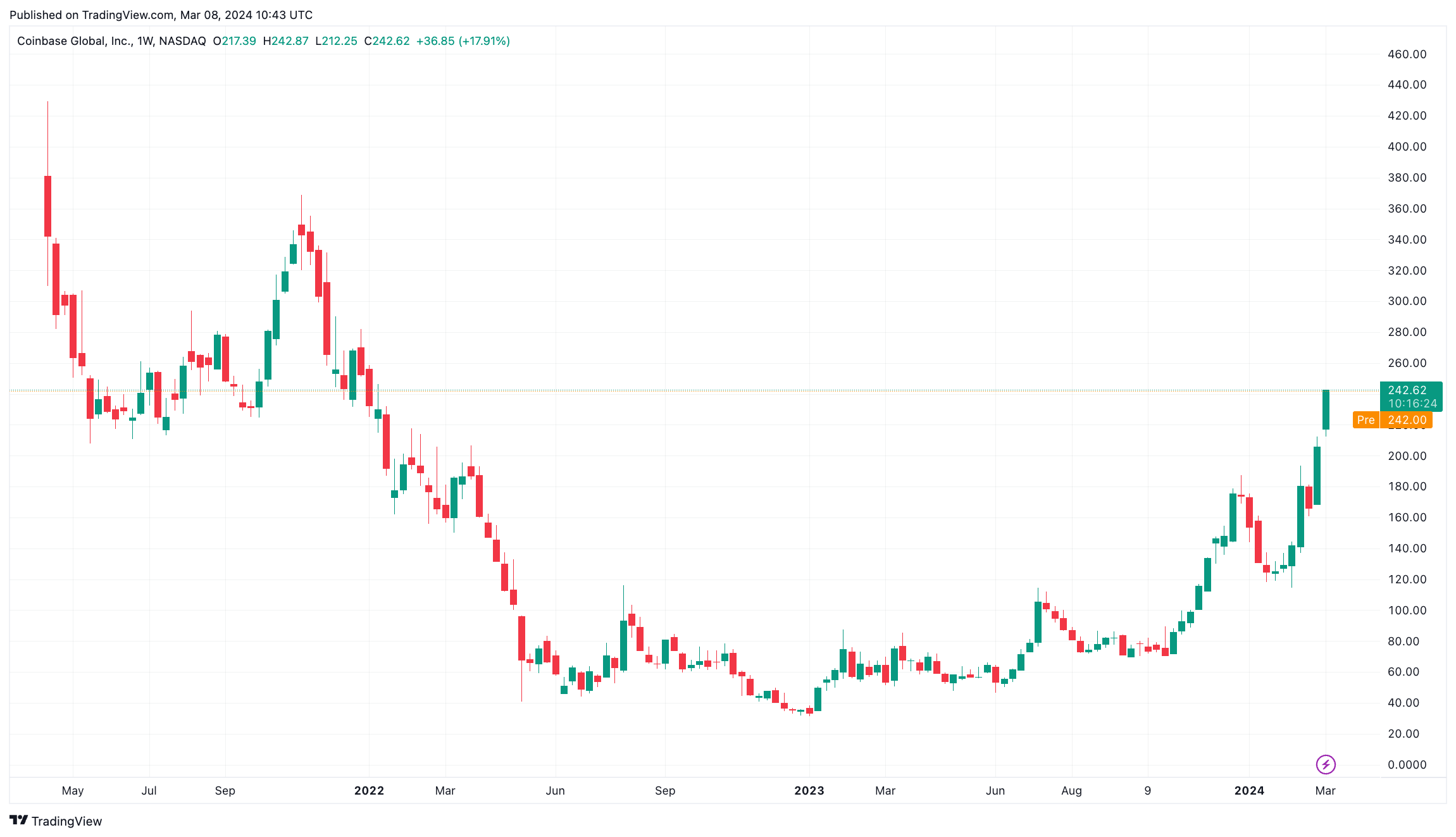
The impact of these decisions on Coinbase’s performance has not gone unnoticed in the financial markets. Since the implementation of the new hiring policy in November, the Coinbase (COIN) share price has risen an impressive 215.3%, reaching $242.62 per share. This unprecedented growth has propelled the stock market to become one of the most valuable companies in the world, with a market capitalization of $58.78 billion.
